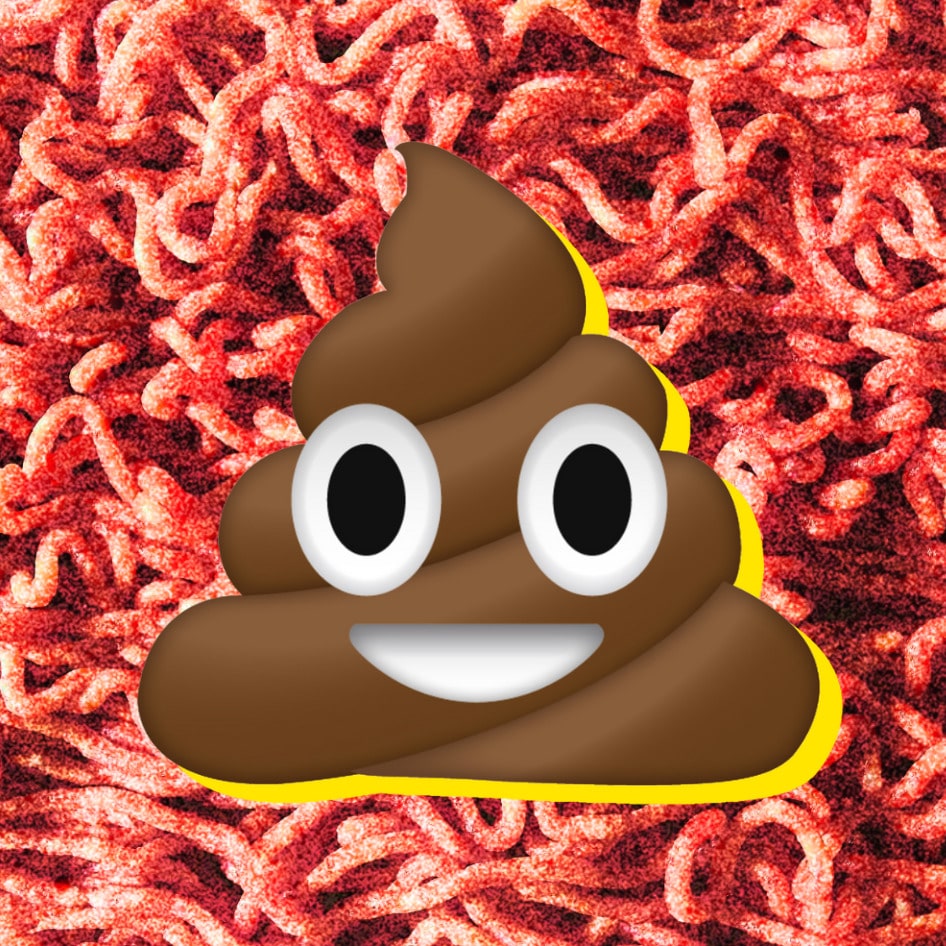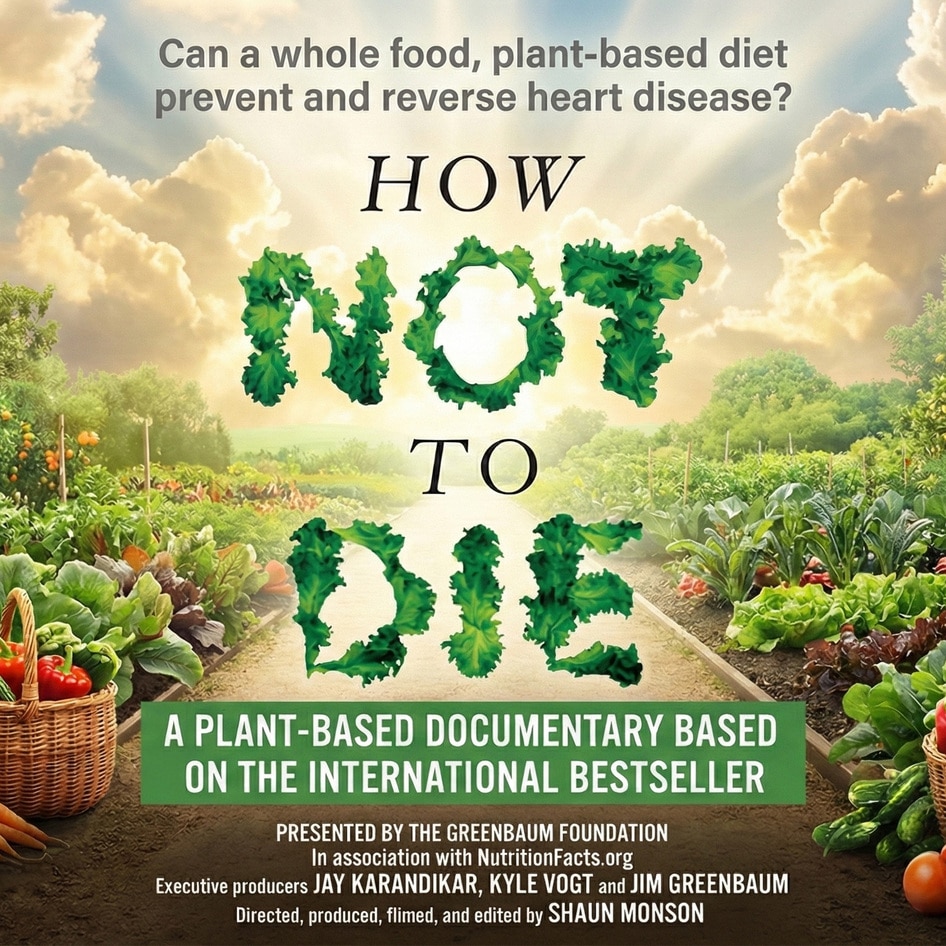Life on Mars Would Be Vegan
Scientists believe that living as a Martian would mean relying solely on plants for sustenance, as animals would be too expensive to produce.
March 7, 2017
Last month, NASA launched space research institute Center for the Utilization of Biological Engineering in Space (CUBES) to explore the viability of human life on Mars. Biochemist Lance Seefeldt and botanist Bruce Bugbee—who will helm the $15 million project—say that life on the red planet would necessarily be vegan, as animals would be too expensive to produce. “The central challenge is to grow food from recycled wastes in a small, closed system,” Bugbee said. “Exploring Mars means nearly perfect recycling of water, nutrients, gasses, and plant parts that aren’t consumed.” Bugbee explains that protein-production on Earth is not efficient, as world hunger is a looming problem. “What we learn from feeding people on Mars will advance our efforts on this planet,” Bugbee said. Other researchers in this field confirm Bugbee’s notion of a vegan Martian life. Currently, Dutch ecologist Wieger Wamelink has successfully used simulated Martian soil (drawn from a Hawaiian volcano) to grow stinging nettle, tomato, chives, radish, leek, rye, quinoa, pea, rocket, garden cress, spinach, and a legume called lupine. Last year, as part of The Mars Food Project, the brother-and-sister team behind vegan butcher shop The Herbivorous Butcher were contracted to make meatless meals for astronauts on a two-week simulated mission to Mars.
JUMP TO ... Latest News | Recipes | Guides | Health | Subscribe







